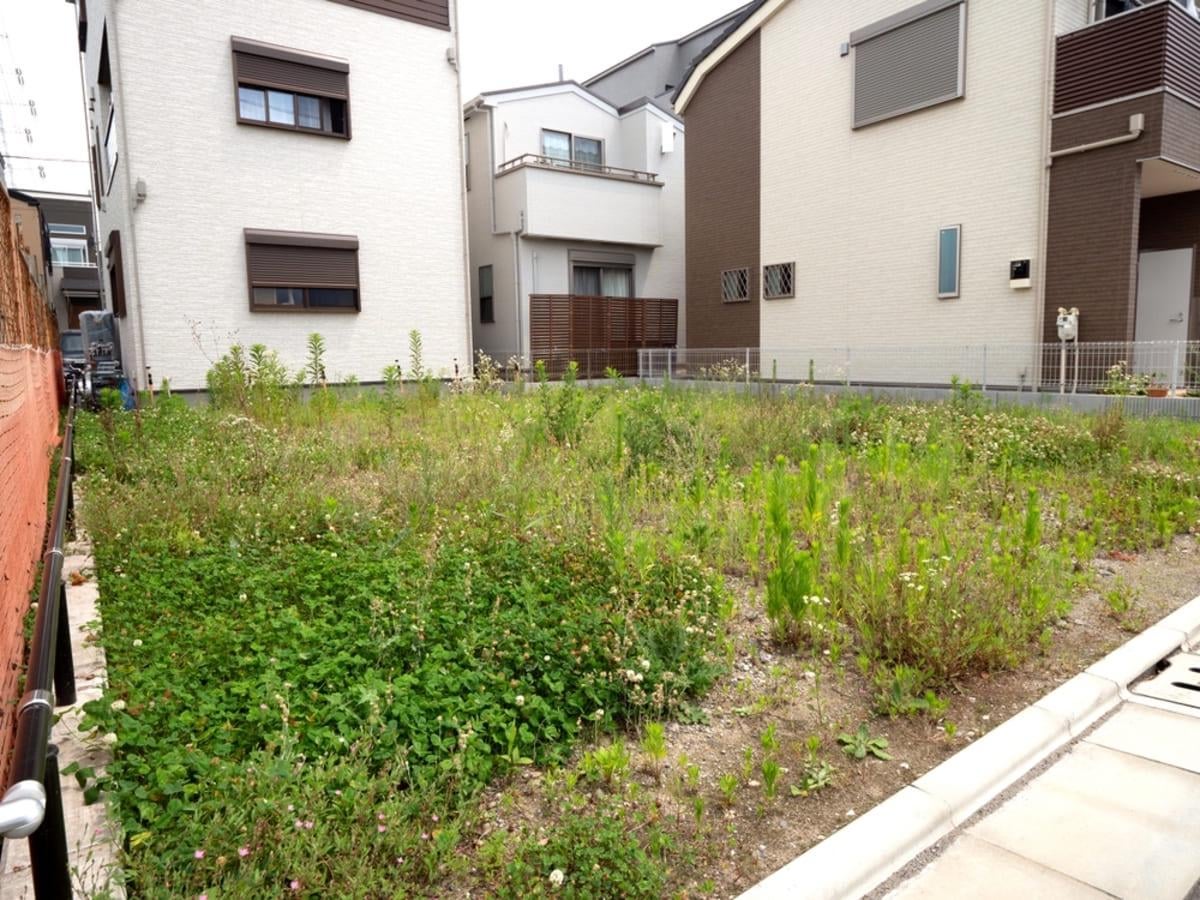
The article discusses how demolishing a vacant house can lead to higher property taxes due to the loss of a special residential land tax break. This tax break significantly reduces taxes when a building is present on the land. Once the building is removed, the full value of the land is taxed, often resulting in a substantial increase in the property tax amount.
Key Points:
Tax System Explanation: Property tax is levied annually on land and buildings. If a building is present, special tax rules apply, reducing the tax burden. Demolishing the house revokes this tax relief.
Example of Tax Increase: For a land with a tax valuation of 12 million yen and a devalued house with zero worth, the special tax rule lowers the taxable amount to 2 million yen. This results in a tax of 28,000 yen. Demolishing the house reverts the tax to be calculated on the full land value, raising the tax to 168,000 yen.
Deciding to Demolish or Retain: While demolishing increases taxes, leaving a property vacant has risks like being classified as a “specified vacant house.” This results in losing tax benefits and could lead to fines or forced demolition by the municipality.
Strategies to Reduce Tax Burden:
Take advantage of local government subsidy programs for demolition or tax reductions.
Immediately repurpose the cleared land for other uses, like a parking space, to offset the tax increase.
Construct a new house before the beginning of the next tax year to regain the tax break.
Consider selling the property to eliminate ongoing tax liability.
Conclusion:
Demolishing a vacant house results in higher property taxes because you lose the residential land tax break. Understanding this helps prevent unexpected financial burdens. Whether to demolish or retain a vacant property should be a well-considered decision that balances tax implications and potential risks. Consulting with experts or authorities and exploring financial aid options can help in making the most informed choice.
by MagazineKey4532
